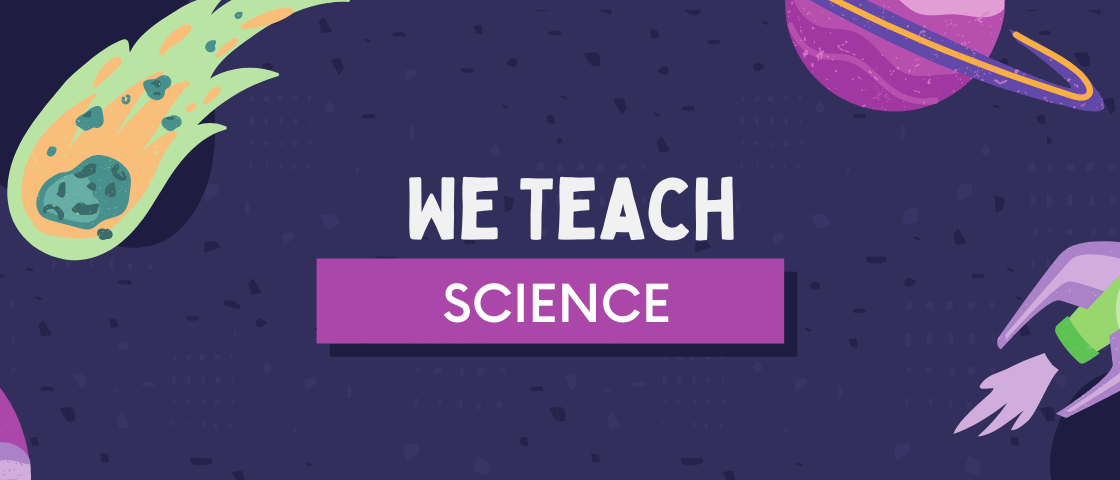From the production of easy-to-manufacture rope to drink products packed with proteins, the cannabis industry is receiving more visibility as it continues to gain popularity and exposure. One of its more popular ingredients, however, has become the next big health kick in a relatively short amount of time. Named Cannabidiol (CBD), this chemical found within certain hemp flowers is said to be useful as a remedy for a wide variety of health problems, including mental health conditions.
As a result, some parents may turn to CBD in an attempt to treat personality disorders in teens or issues that they may be facing themselves. But is this safe? If you have been using CBD for a personality disorder such as obsessive-compulsive disorder or borderline personality disorder, or a mood disorder such as bipolar disorder, let’s dive deeper into the interactions between this chemical and the brain.
What Is CBD And What Does It Do?
CBD is a chemical found within the hemp plant that is said to relieve anxiety and improve brain function. Belonging to a group of chemicals known as cannabinoids, which are naturally produced within the body but can also be introduced into the body through certain hemp strains, CBD is very similar in nature to the popular THC, with the exception that it does not produce any psychoactive effects.
Many turns to CBD as a way to alleviate their health problems, whether those be pain-related or mental health-related, due to the fact that CBD is said to produce the same types of benefits produced by THC. However, it is important to note here that research is scarce. Although it is believed to help a variety of conditions, we still need further proof.
How Would CBD Impact Bipolar Disorder (And Why Do Many Believe It Can)?
The belief that CBD can serve as useful alternative treatment option for bipolar is a result of the belief that marijuana could work for certain mental health conditions. Even in this grouping, research can be contradictory, with some research stating that marijuana serves to boost mood and improve the outlook of those struggling with bipolar disorder while other research suggests higher suicide rates and worsening symptoms as a result of marijuana use.
This research is important when it comes to further studies regarding CBD as it is widely accepted that CBD would, theoretically, produce the same results. This type of thinking may also support that CBD could be beneficial as it produces no harmful psychoactive effects in the process.
Due to the lack of research at the time of writing, there is no strong support to back either side of these claims. In fact, there are some sources that state that CBD is actually ineffective, producing no benefits for those struggling with bipolar disorder. Some users of the substance who do feel that it can help them believe that it helps them feel more calm or relaxed when a manic episode begins manifesting.
Although it may or may not do any good, the beneficial aspect of this chemical compound is that it does not produce the serious consequences that you can see in those with bipolar who choose to use cannabis to target their symptoms.
So, is CBD good for bipolar disorder? There is no conclusive evidence to say whether or not CBD is going to help you regulate your moods and make it easier for you to handle manic and depressive episodes.
That said, further research may reveal that improvements in mood can be made with this substance, and using it in the meantime should not produce any ill effects. Whether you decide to use full spectrum cbd capsules or other products, make sure to speak with your doctor and follow the directions.

